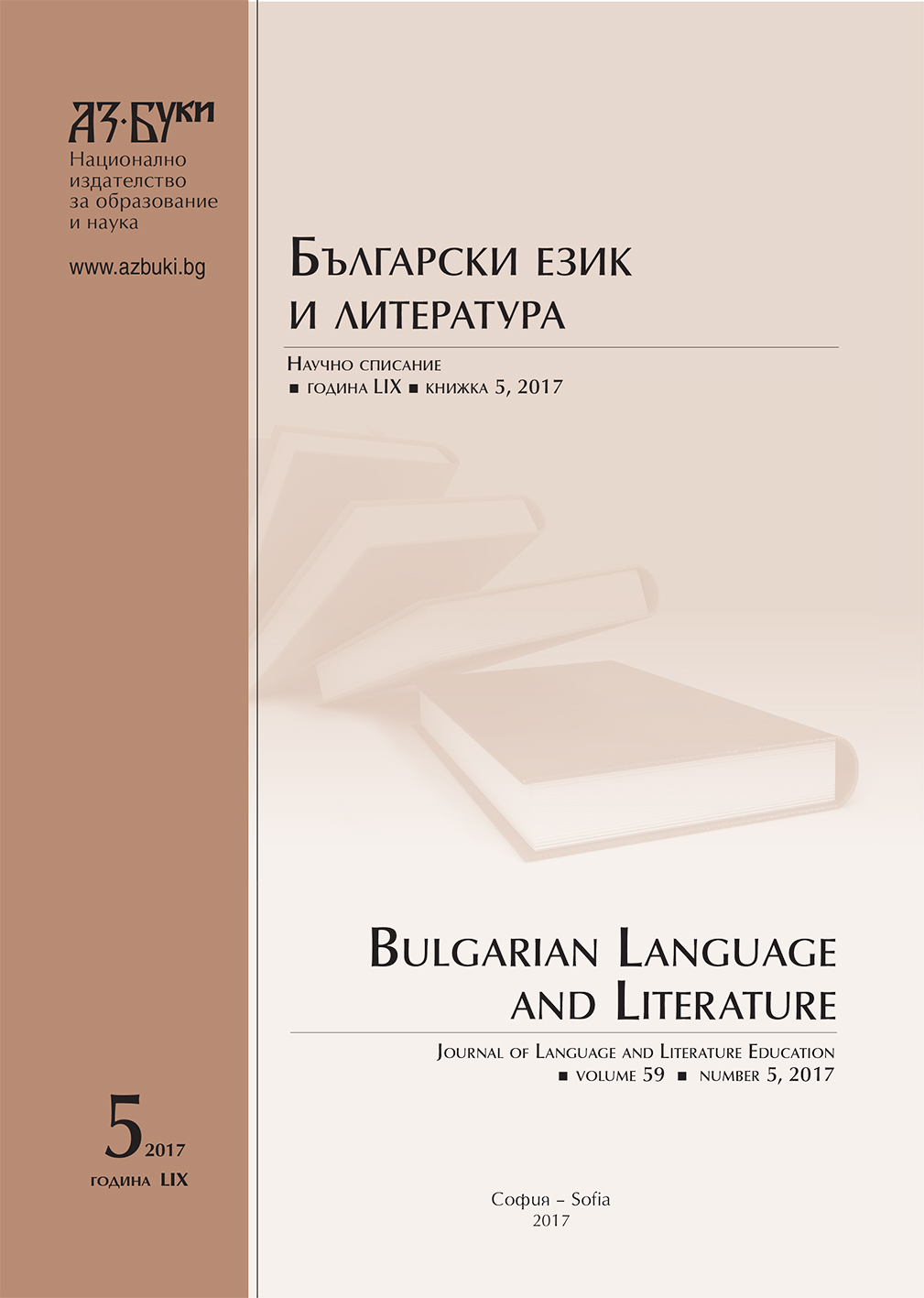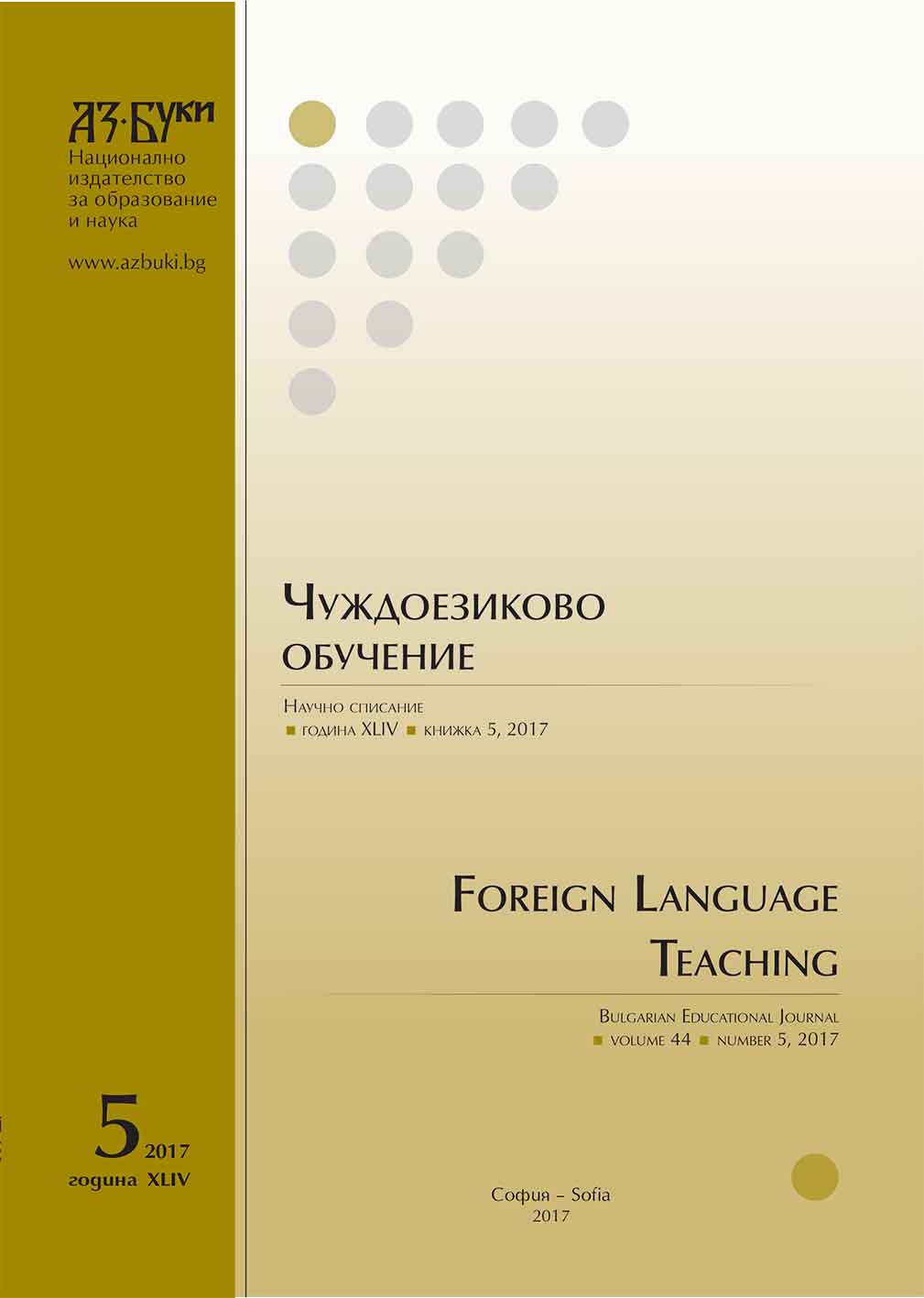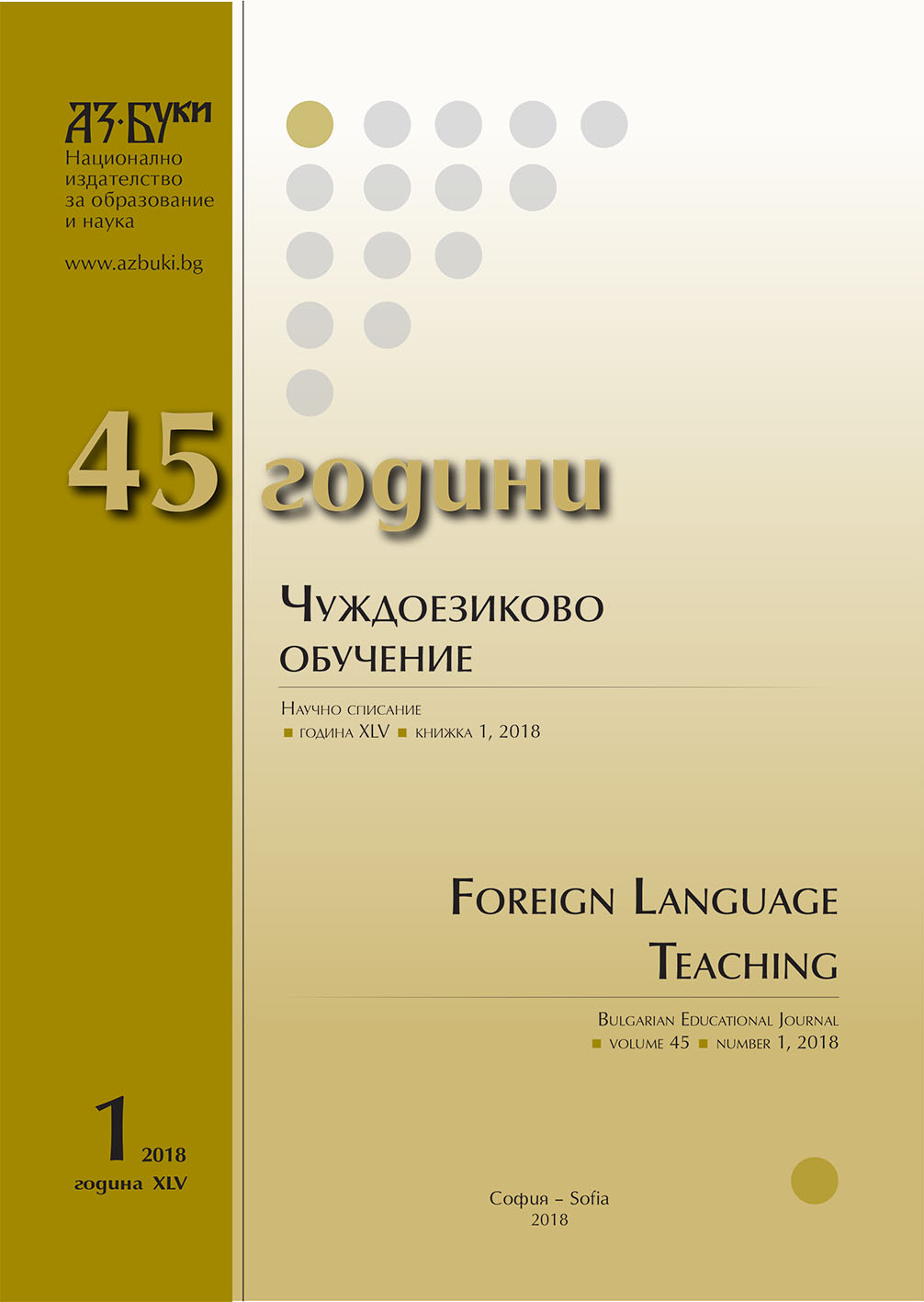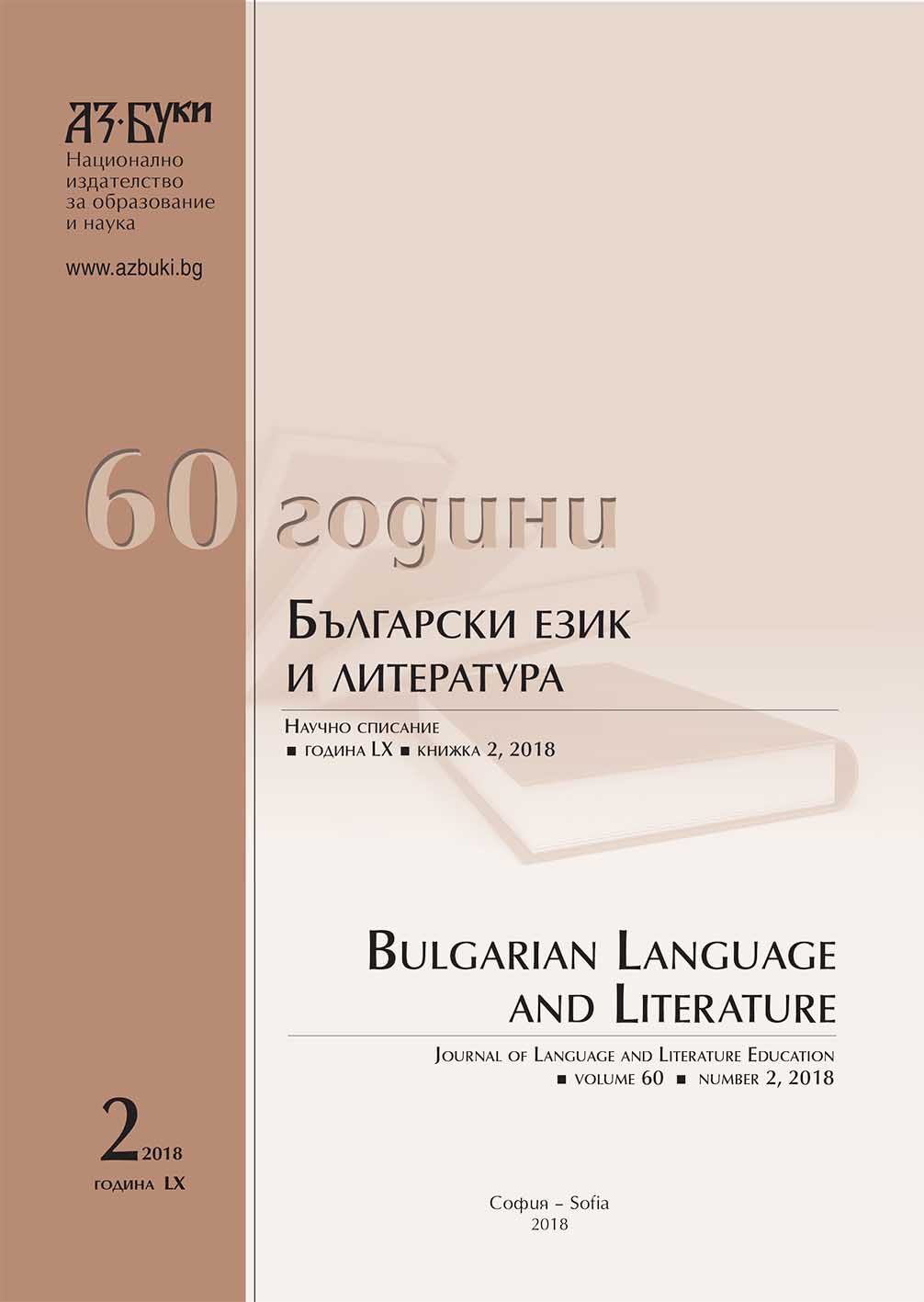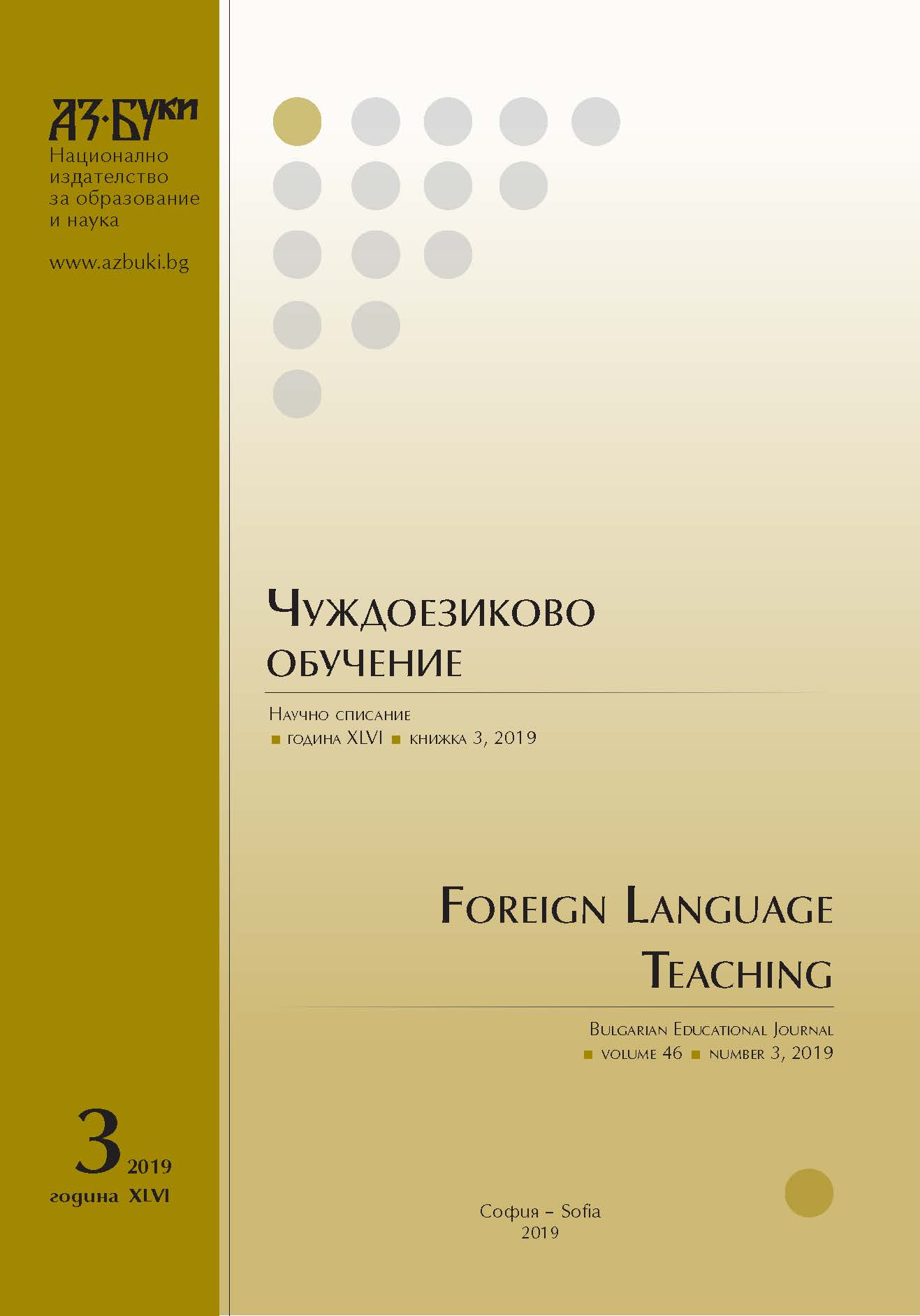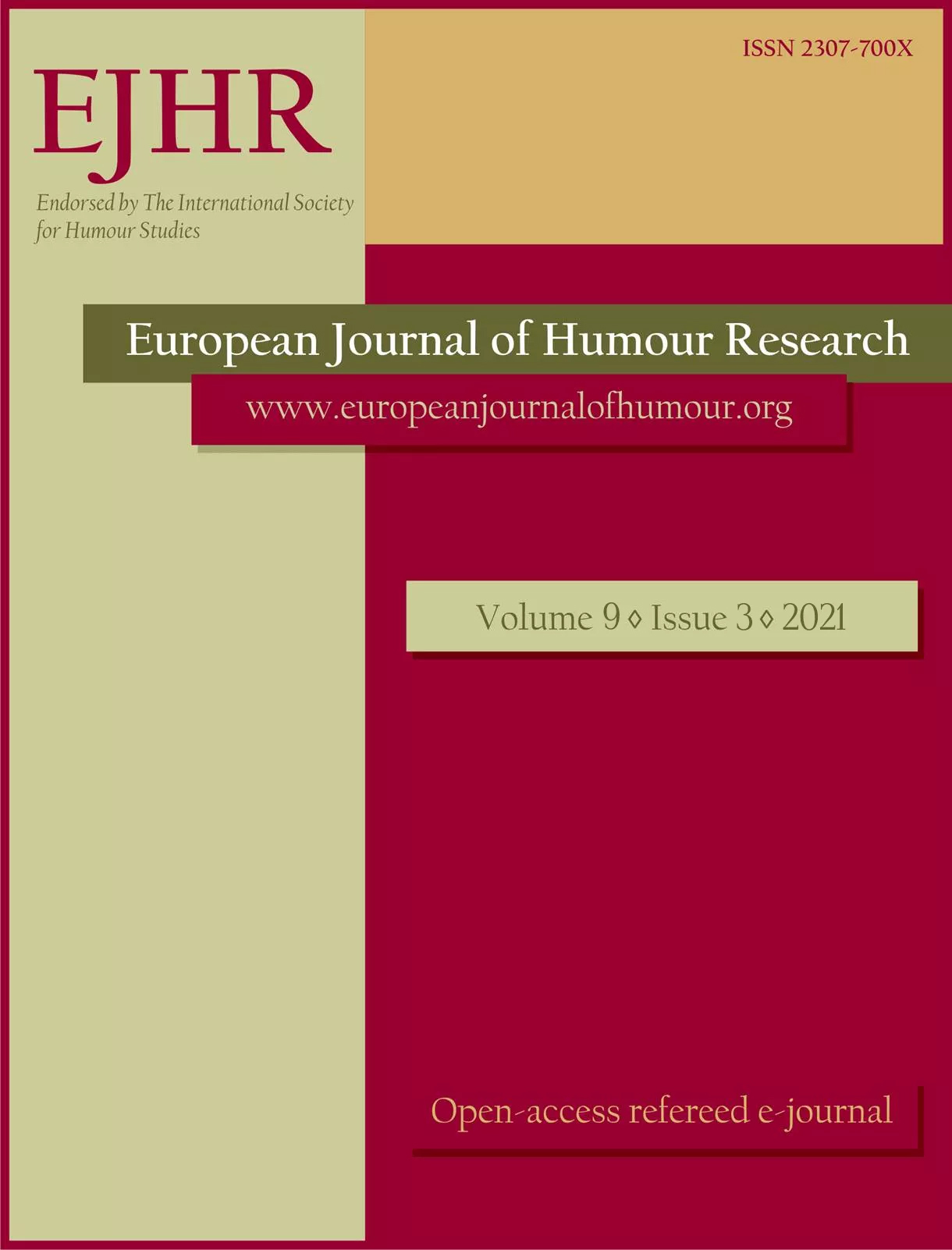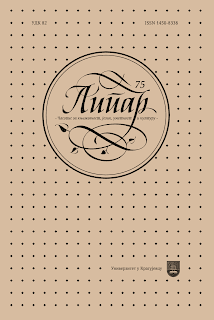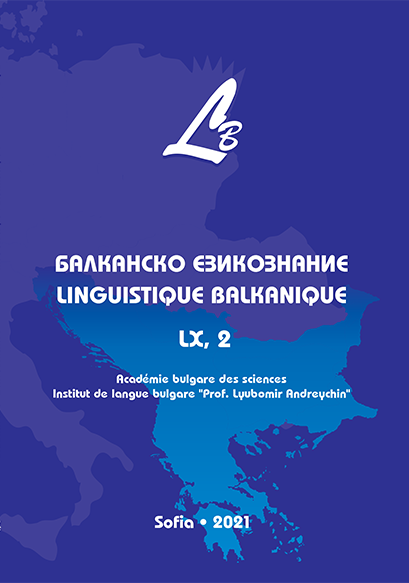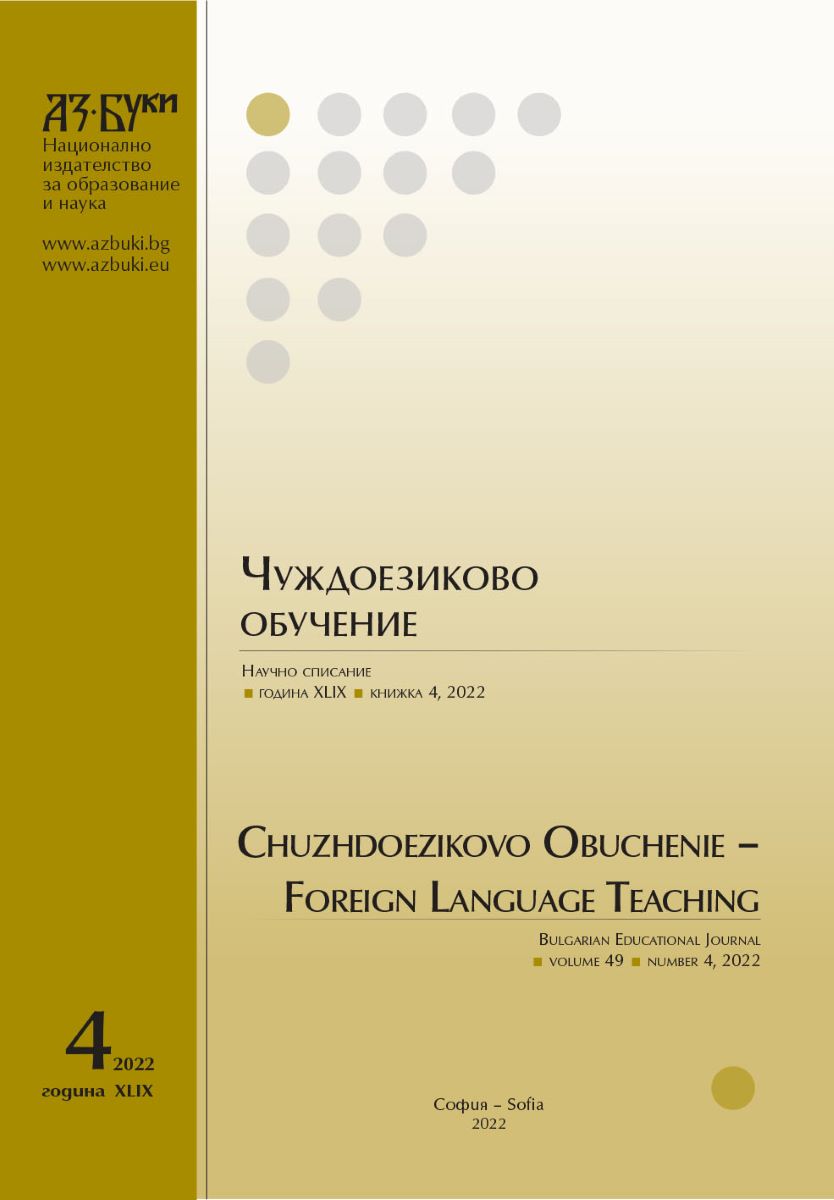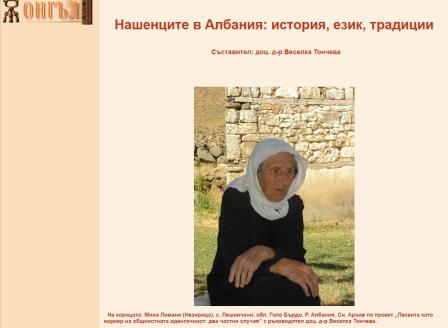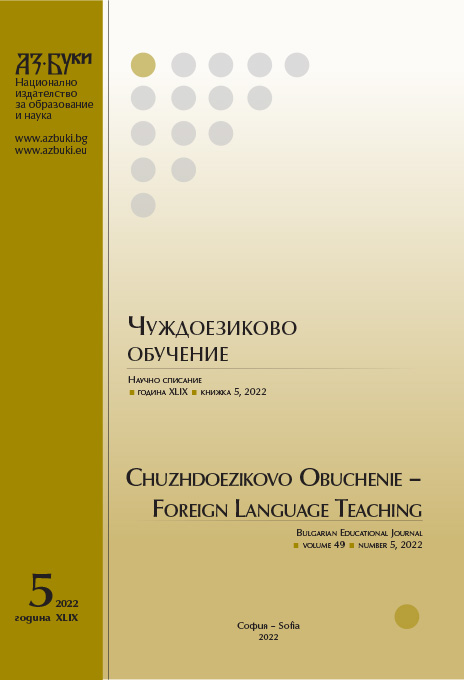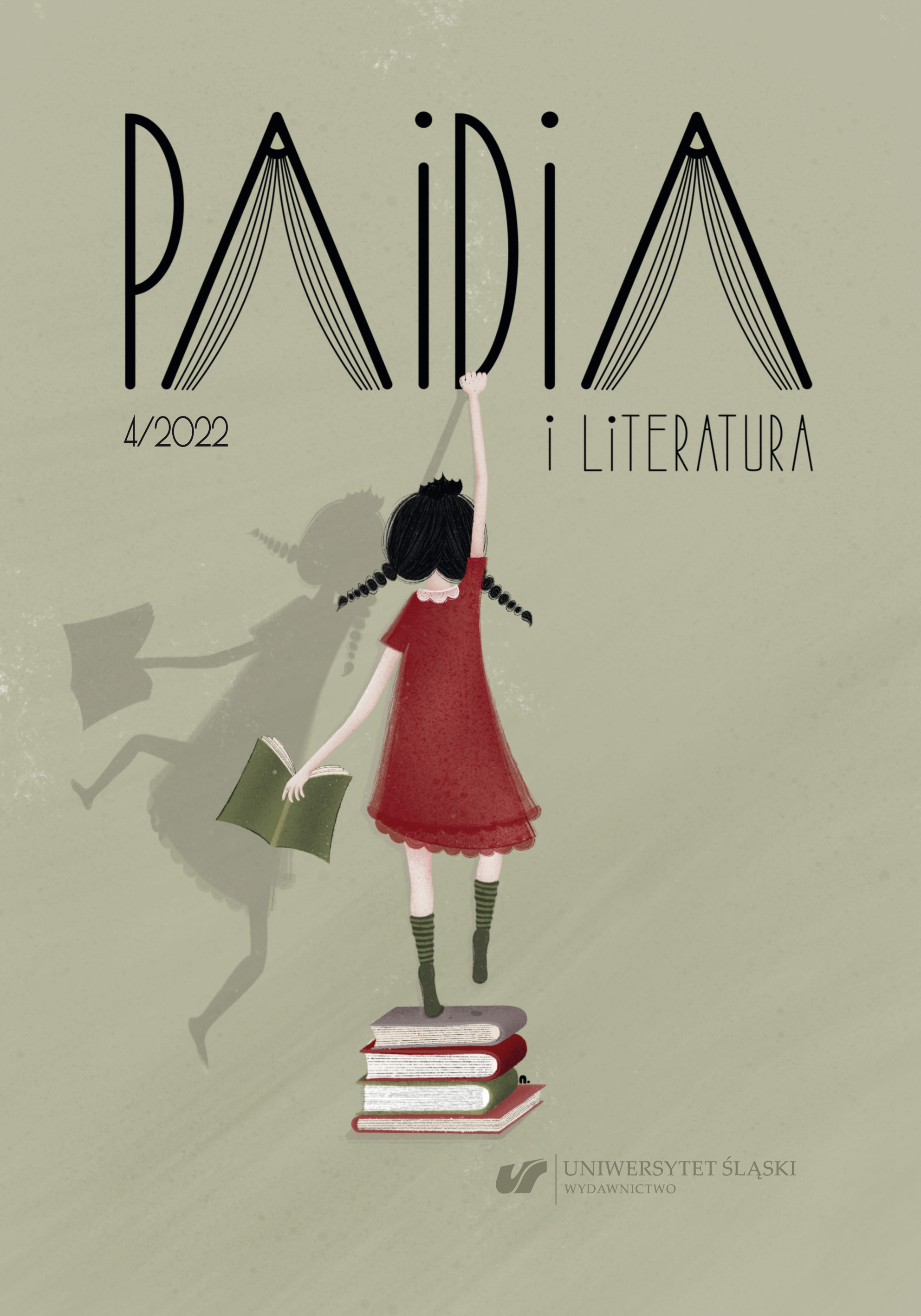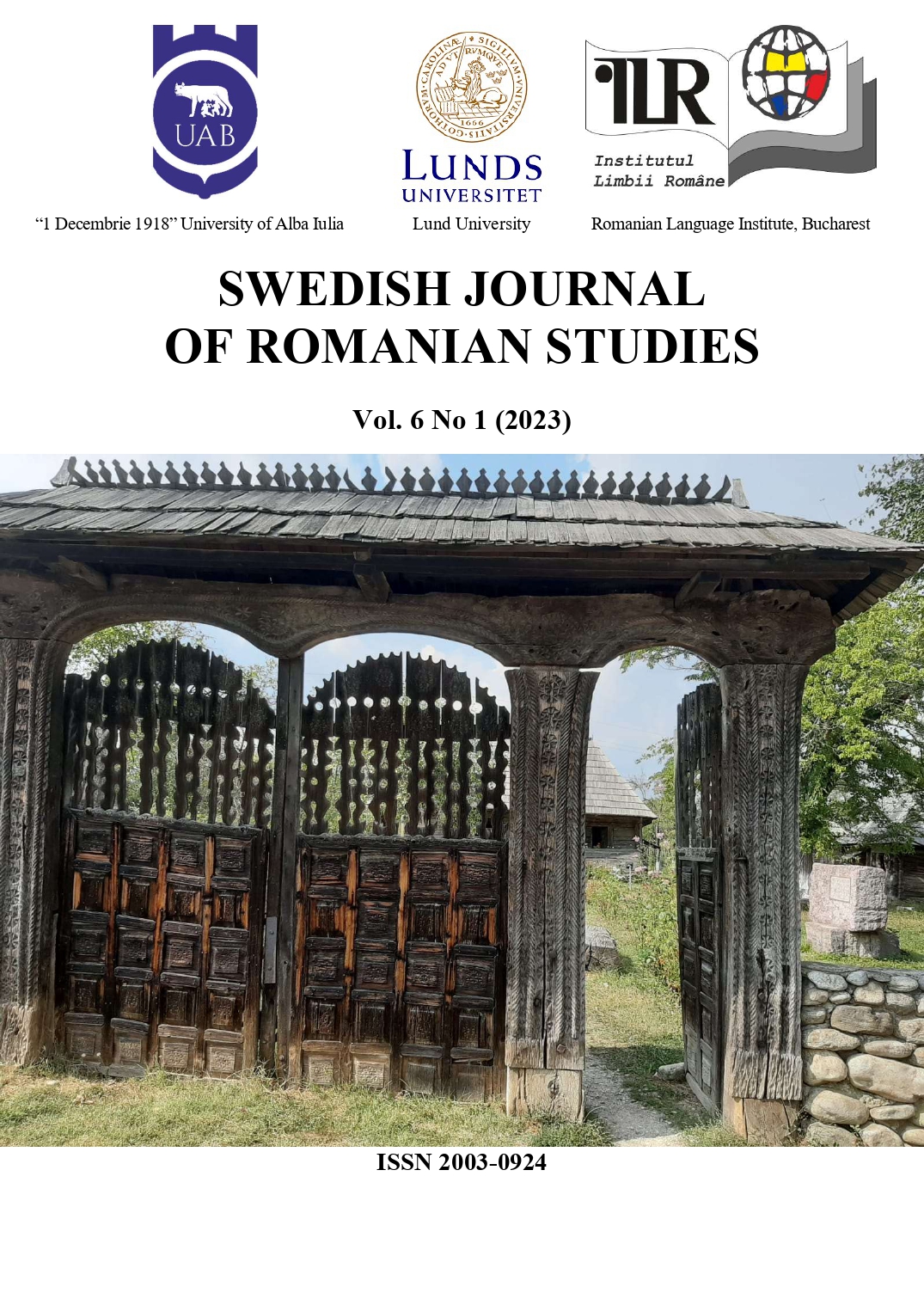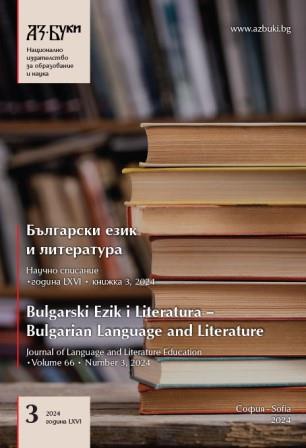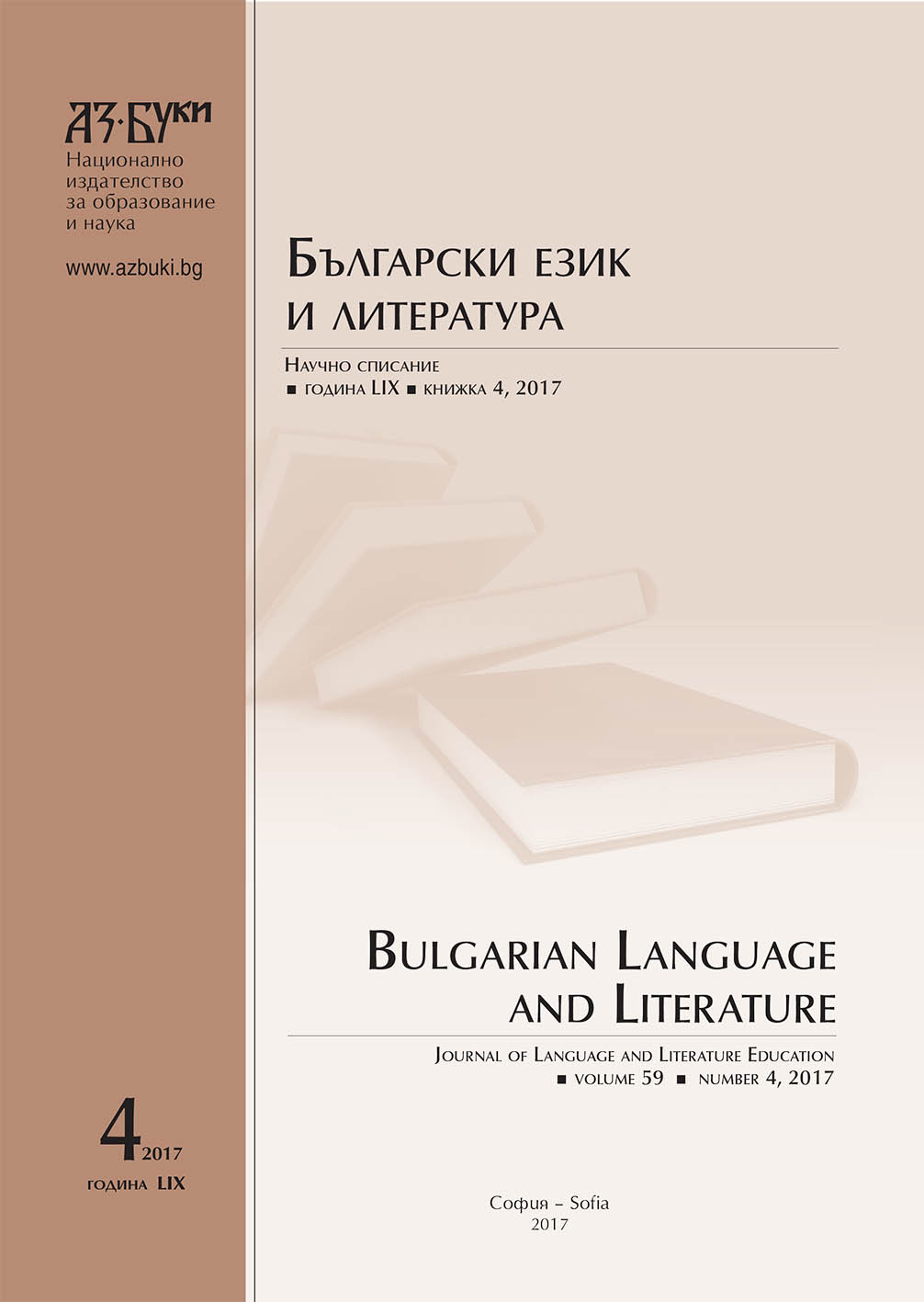
Функционално-семантичната граматика на Александър Владимирович Бондарко
The paper presents some short biographical notes and traces the prehistory (referring to the works of O. Jespersen, I. I. Meshchaninov and other scholars), the emergence, and the development of the theory of functional grammar by the prominent Russian linguist A. V. Bondarko. The most significant achievements of this linguistic approach in Russia and Bulgaria are made reference to. Various topical issues, related to the application of the theory in comparative studies, are concerned.
More...
